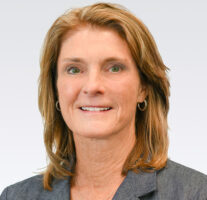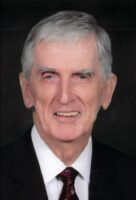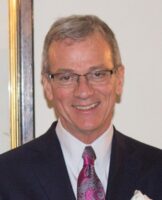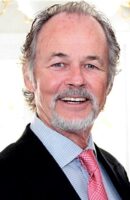
Design-Build Projects
What is the Design-Build delivery method?
The best construction projects on college campuses result in facilities that fully meet the needs of faculty and students alike. To achieve this, campus leaders must first choose how to approach their construction project, which starts by deciding on a project delivery method. The project delivery method is outlined by a contractual agreement defining the roles, responsibilities, and integration level of the three primary parties in a construction project: the owner, contractor, and architect. Choosing the right project delivery method for your campus is critical to fostering an efficient process resulting in a project that maximizes value while also meeting both your program and aesthetic needs. There are benefits and challenges to every project delivery method, but some are more poised than others to engage with community college owners in a streamlined, transparent, and integrated way.
In North Carolina, the Community College System and the State Construction Office (SCO) offer the option for colleges to utilize the Design-Build project delivery method as an alternative to the more traditional Design-Bid-Build (DBB) — also known as low-bid-method. Unlike traditional DBB projects, where the contractor is not involved in the design, a Design-Build project incorporates the owner, architect, and contractor early in the design process via a sole source contract. As a result, it encourages problem solving with all team members’ full ownership from design through construction. This occurs when the contractor brings critical trade partners into the process for a fully integrated design without surprises in the field. Consequently, the only change orders experienced through a Design-Build delivery method should be a result from clear changes in scope.
How do you know if the Design-Build delivery method is the right fit for your campus?
Exploring the Design-Build delivery method starts by having an open dialogue with the SCO. The SCO will help identify potential challenges and advantages for your specific project. One of the benefits of the Design-Build process is having a simplified contractual structure, meaning your staff will only have one point-of-contact for the entire project. The contractor is typically the primary point-of-contact in a Design-Build agreement, while the architect and engineers work as consultants under the contractor’s prime agreement. With an experienced team, a Design-Build process streamlines communication for the college and can virtually eliminate design change-orders in the project. Because of this integrated team approach, Design-Build projects enjoy the benefit of real-time feedback from the contractor regarding constructability, material lead times, cost, and sequencing. This helps to maximize the budget and value, often accelerating the project completion in comparison to a traditional DBB process.
What are the drawbacks to Design-Build?
With a Design-Build project, selecting a team committed to being collaborative and transparent is essential and can mitigate most drawbacks. Unlike other states which select Design-Build teams based on price, North Carolina institutions choose Design-Build teams based solely on qualifications. Making qualification-based decisions is advantageous for our community colleges because it gives more freedom in determining what is most important in a Design-Build team for each institution. We have included other items to consider when selecting a Design-Build team below.
- Does the team have successful Design-Build experience with the State Construction Office?
- Do the contractor and architect have successful experience working together on any project delivery method?
- Does the architect have relevant experience for your building program?
- Does the team commit to a fully transparent and collaborative process?
With the right team, this integrated approach can foster an environment of collaboration, transparency, and buy-in from everybody, resulting in a streamlined project that maximizes the budget.
Moseley Architects had the privilege of partnering with Wayne Community College (WCC), one of the great 58 community colleges, to realize two projects through the Design-Build delivery method. Our first project with WCC was featured at the 2020 State Construction Conference and can be viewed by scanning the code below.

As architects dedicated to student-first educational design, Moseley Architects is committed to our North Carolina Community College System. We welcome any opportunity to engage and discuss if Design-Build is right for you and your college.
Written by Brad Lockwood, AIA, Stephanie Cooper, AIA, and Suzanne McDade, AIA of Moseley Architects








